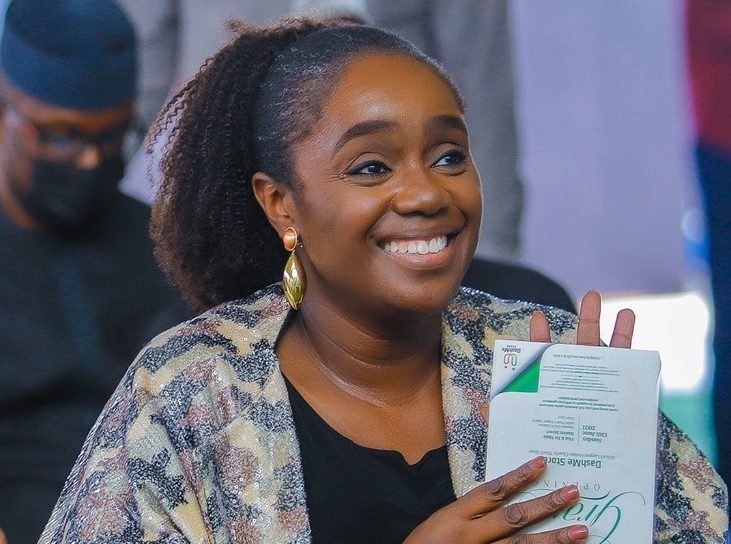Former Nigeria’s Minister of Finance, Kemi Adeoshun, is proving that managing a nation’s economy and managing hope for the vulnerable can go hand in hand. Through her Dashmi Foundation, Adeoshun is redefining what modern charity looks like, moving away from handouts toward sustainable, impact-driven giving.
At the heart of her work is Dash Day, an annual initiative that encourages people to declutter with purpose. Items donated during Dash Day are sold in boutique-style shops, and the proceeds fund orphanages, survivors of domestic violence, and people living with disabilities.
“Faith and community sit at the heart of this movement,” Adeoshun told Channels Business Global. “We’re not asking for money. We just ask people to look in their wardrobes for unused items, and thousands of small gifts cumulatively make a huge difference.”
Now in its fourth year, Dash Day has grown from a small community effort in Lagos into a global movement spanning London, Lagos, and New York. This year’s edition, described as much bigger than the last, combined faith, generosity, and innovation on a remarkable scale. “This work is more fulfilling because I can see the impact,” Adeoshun said. “Little things count, and to achieve something big, you start small. Society is driven by people, not government.”
Adeoshun launched Dashmi in 2021 after growing frustrated with how African charities were portrayed in the media. “I used to see adverts showing little dirty children drinking from streams, appealing for funds. It painted an impression that we were waiting to be rescued, and it ignored the thousands of people running orphanages or projects for the disabled,” she explained. Determined to create a platform that showcased and funded these initiatives, she established charity shops that raise money sustainably for local projects.
Dash Day itself was inspired by DJ CPPY and modeled after Red Nose Day. Donated items, carefully curated for quality, are sold in well-presented shops, ensuring proceeds benefit those in need. Adeoshun emphasized the foundation’s commitment to accountability: “Dash is meant to be a gift. It should be something you would want to receive yourself, not rubbish. We verify all projects, and donors receive constant feedback on where the funds are going.”
With locations in Nigeria and plans to expand to the UK, US, Ghana, and Jamaica, Dashmi is increasingly international. Adeoshun stressed that the initiative monetizes donations rather than simply giving items away, ensuring sustainability and wide-reaching impact.
From managing multi-billion-dollar budgets as Finance Minister to celebrating small personal wins like funding an orphaned child’s education or healthcare, Adeoshun reflects on the journey with humility. “When I see the impact of these small gifts, it gives me joy. This is real, tangible change,” she said.
Adeoshun’s message is clear: giving is not just about charity. It requires structure, transparency, and trust—principles she has applied both in public office and now in philanthropy.










